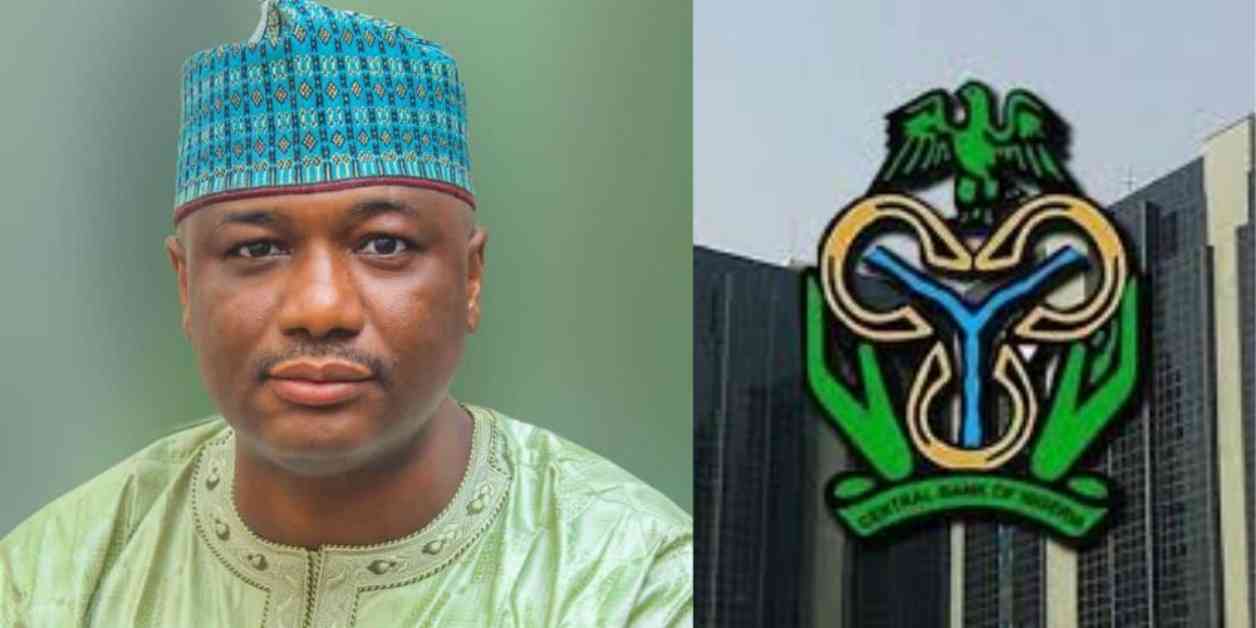A member of the Central Bank of Nigeria’s Monetary Policy Committee (MPC), Professor Murtala Sabo Sagagi, expressed concerns about the government’s reforms and fiscal incentives failing to attract sufficient foreign direct investment (FDI). He also highlighted the continuous rise in inflation, indicating that it may not moderate soon.
Professor Sagagi, who is also a CBN director, shared his insights during the 297th MPC meeting, as disclosed by the apex bank. He emphasized the growing demand for foreign exchange due to speculative activities in the market.
Despite the MPC’s decision to increase the Monetary Policy Rate (MPR) by 50 basis points to 27.5 per cent in the September meeting, inflation continued to soar. The National Bureau of Statistics reported a spike in the Consumer Price Index (CPI) to 32.7 per cent in September.
In his statement, Professor Sagagi outlined the imminent threats to inflation and foreign exchange stability. These threats included the increase in petrol and energy prices, flooding in key food-producing states, insecurity affecting agricultural activities, and the potential artificial scarcity created by excessive liquidity in the system.
Moreover, the professor criticized the government’s fiscal incentives and investment promotion drives for failing to attract significant FDI into the economy. He attributed the rapid increase in foreign exchange demand to speculative activities, importation, and seasonal needs.
Professor Sagagi’s remarks contradicted President Bola Tinubu’s claim that the country had attracted over $30 billion in FDI following his reforms. Tinubu had highlighted the ongoing economic reforms and the positive impact on attracting foreign investments during his Independent Day speech.
The concerns raised by Professor Sagagi shed light on the challenges facing Nigeria’s economy despite the government’s efforts to implement reforms and attract investments. The discrepancy between actual FDI inflows and official statements underscores the need for a critical evaluation of the country’s economic policies and their effectiveness in achieving sustainable growth and stability.

